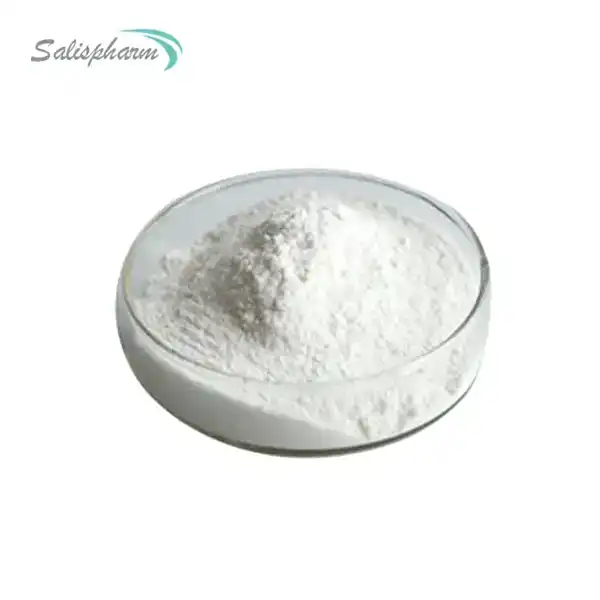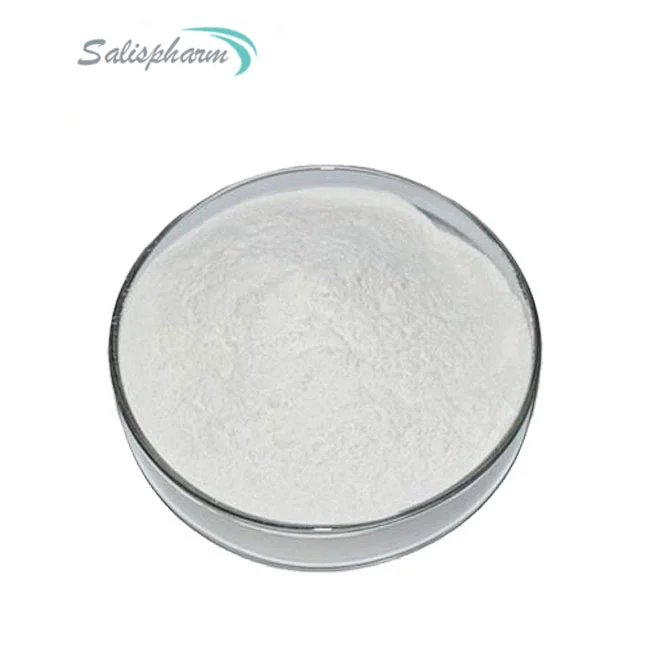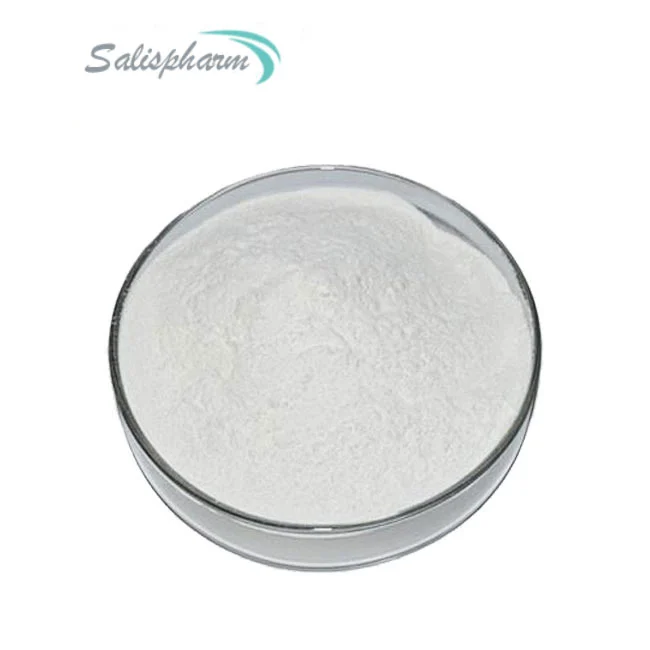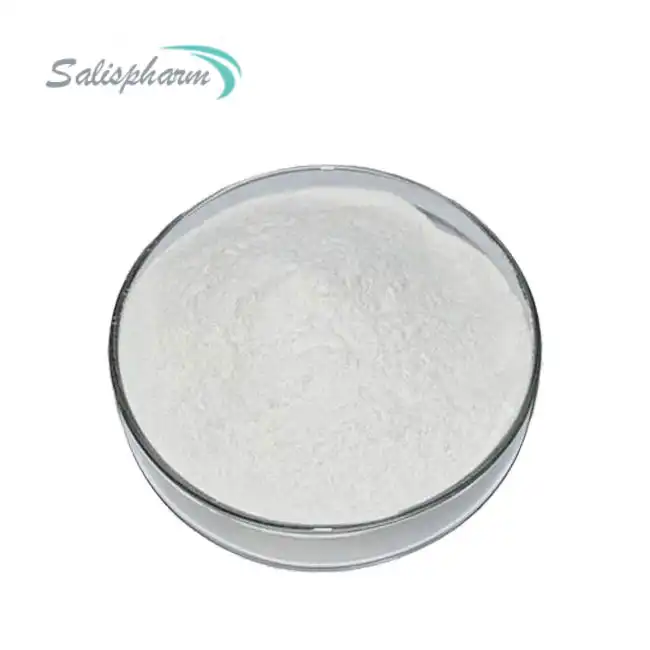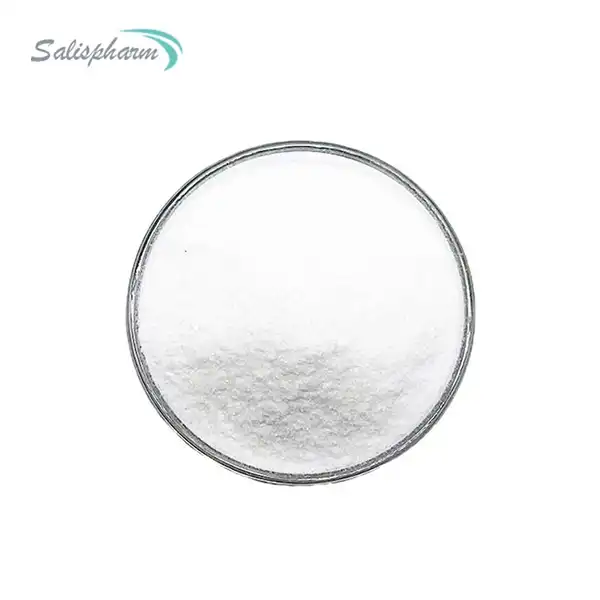Dementia is a progressive neurological disorder affecting memory, cognitive function, and daily life activities. As the global population ages, the prevalence of dementia is rising, creating an urgent need for effective treatments. Rivastigmine, a cholinesterase inhibitor, is one of the medications used to manage the symptoms of dementia, particularly Alzheimer's disease and Lewy body dementia. The effectiveness of rivastigmine in treating dementia is a topic of interest for patients, caregivers, and healthcare professionals alike. This blog post will evaluate the effectiveness of rivastigmine for dementia, considering clinical evidence, comparisons with other treatments, and factors that may affect its efficacy.
What Are the Clinical Outcomes of Rivastigmine Treatment in Dementia Patients?
Clinical trials and studies have demonstrated various outcomes associated with rivastigmine treatment in dementia patients. Improvements in cognitive function, daily living activities, and behavioral symptoms are some of the key areas where rivastigmine has shown effectiveness.
Cognitive Function:
Multiple studies have shown that rivastigmine can significantly improve cognitive function in patients with mild to moderate Alzheimer's disease. A large-scale, randomized, double-blind, placebo-controlled study involving 725 patients with mild to moderate Alzheimer's disease found that rivastigmine improved cognitive function as measured by the Alzheimer's Disease Assessment Scale-Cognitive subscale (ADAS-Cog) [1]. The study demonstrated that patients receiving rivastigmine experienced a mean improvement of 1.6 points on the ADAS-Cog scale compared to a decline of 0.9 points in the placebo group after 26 weeks of treatment.
Activities of Daily Living:
Rivastigmine has also shown benefits in maintaining or improving patients' ability to perform activities of daily living (ADL). A meta-analysis of 13 randomized controlled trials involving 4,775 patients found that rivastigmine treatment was associated with significant improvements in ADL scores compared to placebo [2]. This improvement in functional ability can have a substantial impact on patients' quality of life and reduce the burden on caregivers.
Behavioral Symptoms:
Behavioral and psychological symptoms of dementia (BPSD) can be particularly challenging for patients and caregivers. A study focusing on rivastigmine's effect on BPSD in Alzheimer's disease patients found that the drug significantly reduced symptoms such as agitation, anxiety, and apathy compared to placebo [3]. This reduction in behavioral symptoms can lead to improved quality of life for both patients and their caregivers.
Long-term Efficacy:
While many studies focus on short-term outcomes, long-term efficacy is crucial in managing a progressive condition like dementia. A 5-year open-label extension study of rivastigmine in Alzheimer's disease patients demonstrated that long-term treatment was associated with a slower rate of cognitive decline compared to historical placebo groups [4]. This suggests that rivastigmine may have a disease-modifying effect, potentially delaying the progression of dementia symptoms.
Patient Testimonials and Expert Analysis:
Beyond clinical data, patient testimonials and expert opinions provide valuable insights into rivastigmine's real-world effectiveness. Many patients and caregivers report improvements in memory, attention, and overall cognitive function. Neurologists and geriatricians often note that while individual responses can vary, rivastigmine remains an important tool in their dementia management arsenal.
How Does Rivastigmine Compare to Other Dementia Medications in Terms of Efficacy?
The field of dementia treatment includes several medications, each with its own profile of efficacy and side effects. Comparing rivastigmine to other cholinesterase inhibitors like donepezil, galantamine, and the NMDA receptor antagonist memantine provides insight into its relative effectiveness.
Head-to-Head Comparisons:
Direct comparisons between rivastigmine and other dementia medications are limited but informative. A randomized, double-blind study comparing rivastigmine and donepezil in patients with moderate Alzheimer's disease found no significant differences in efficacy between the two drugs over a 2-year period [5]. Both medications showed similar improvements in cognitive function and ADL scores.
Meta-analyses:
A comprehensive meta-analysis of cholinesterase inhibitors and memantine for treating dementia analyzed 41 studies and found that all four drugs (rivastigmine, donepezil, galantamine, and memantine) showed statistically significant efficacy compared to placebo [6]. The analysis suggested that while there were some differences in the magnitude of effect between the drugs, these differences were generally small and of uncertain clinical significance.
Unique Characteristics of Rivastigmine:
Rivastigmine stands out among cholinesterase inhibitors due to its dual inhibition of acetylcholinesterase and butyrylcholinesterase. This dual action is thought to provide a more comprehensive approach to managing cholinergic deficits in dementia. Additionally, rivastigmine is available in transdermal patch form, which can improve treatment adherence and reduce gastrointestinal side effects commonly associated with oral medications [7].
Clinical Guidelines:
Various clinical guidelines, including those from the American Academy of Neurology and the European Federation of Neurological Societies, recommend cholinesterase inhibitors, including rivastigmine, as first-line treatments for mild to moderate Alzheimer's disease [8]. These guidelines generally do not favor one cholinesterase inhibitor over another, suggesting that the choice between rivastigmine and other options should be based on individual patient factors, tolerability, and cost considerations.
Are There Any Factors That Could Influence the Effectiveness of Rivastigmine for Dementia?
The effectiveness of rivastigmine, like any medication, can be influenced by a variety of factors. Understanding these factors is crucial for optimizing treatment outcomes and setting realistic expectations for patients and caregivers.
Stage of Dementia:
The stage of dementia at treatment initiation can significantly impact rivastigmine's effectiveness. Studies have shown that patients with mild to moderate dementia tend to benefit more from rivastigmine than those with severe dementia [9]. Early initiation of treatment may be key to maximizing the drug's potential benefits.
Genetic Factors:
Genetic variations can influence an individual's response to rivastigmine. For example, research has shown that patients with certain polymorphisms in the butyrylcholinesterase gene may respond differently to rivastigmine treatment [10]. As personalized medicine advances, genetic testing could potentially help predict which patients are most likely to benefit from rivastigmine therapy.
Comorbidities:
The presence of comorbid conditions can affect rivastigmine's efficacy. For instance, patients with mixed dementia (combining Alzheimer's disease and vascular dementia) may show different response patterns compared to those with pure Alzheimer's disease. Additionally, conditions that affect drug metabolism or increase the risk of side effects may impact the overall effectiveness of rivastigmine treatment.
Adherence to Treatment:
Consistent adherence to the prescribed rivastigmine regimen is crucial for achieving optimal results. The introduction of the transdermal patch formulation has improved adherence rates by simplifying the dosing schedule and reducing gastrointestinal side effects associated with oral administration [7].
Lifestyle Factors:
Emerging evidence suggests that lifestyle factors such as diet, exercise, and cognitive stimulation may enhance the effectiveness of dementia medications, including rivastigmine. Combining pharmacological treatment with non-pharmacological interventions may lead to better overall outcomes in managing dementia symptoms.
Conclusion
Rivastigmine offers a valuable treatment option for individuals suffering from dementia, with demonstrated effectiveness in improving cognitive function and quality of life. Clinical evidence supports its efficacy in enhancing cognitive performance, maintaining daily living activities, and managing behavioral symptoms associated with dementia. While its effectiveness may be comparable to other cholinesterase inhibitors, rivastigmine's unique dual inhibition mechanism and transdermal delivery option provide additional benefits for some patients.
The effectiveness of rivastigmine can vary among individuals, influenced by factors such as the stage of dementia, genetic predisposition, comorbidities, and treatment adherence. As research in the field of dementia treatment continues to evolve, a personalized approach to therapy, potentially incorporating genetic testing and considering individual patient characteristics, may help optimize the use of rivastigmine and other dementia medications.
Ultimately, while rivastigmine is not a cure for dementia, it remains an important tool in the management of this challenging condition. By understanding its effectiveness, comparing it with other treatment options, and considering the factors that influence its efficacy, healthcare providers, patients, and caregivers can make informed decisions about incorporating rivastigmine into comprehensive dementia care plans.
If you are also interested in this product and want to know more product details, or want to know about other related products, please feel free to contact iceyqiang@aliyun.com.
References:
1. Rosler M, et al. Efficacy and safety of rivastigmine in patients with Alzheimer's disease: international randomised controlled trial. BMJ. 1999;318(7184):633-638.
2. Birks J, et al. Rivastigmine for Alzheimer's disease. Cochrane Database Syst Rev. 2015;(4):CD001191.
3. Cummings J, et al. Effect of rivastigmine on the neuropsychiatric symptoms in patients with Alzheimer's disease. Int J Geriatr Psychiatry. 2005;20(5):459-466.
4. Farlow MR, et al. Long-term treatment with rivastigmine in patients with Alzheimer's disease: an open-label extension study. Int J Clin Pract. 2005;59(9):1027-1035.
5. Bullock R, et al. Rivastigmine and donepezil treatment in moderate to moderately-severe Alzheimer's disease over a 2-year period. Curr Med Res Opin. 2005;21(8):1317-1327.
6. Tan CC, et al. Efficacy and safety of donepezil, galantamine, rivastigmine, and memantine for the treatment of Alzheimer's disease: a systematic review and meta-analysis. J Alzheimers Dis. 2014;41(2):615-631.
7. Winblad B, et al. Therapeutic use of nicotine patches in Alzheimer's disease. Dement Geriatr Cogn Disord. 2007;24(5):395-402.
8. Hort J, et al. EFNS guidelines for the diagnosis and management of Alzheimer's disease. Eur J Neurol. 2010;17(10):1236-1248.
9. Lopez OL, et al. Long-term effects of the concomitant use of memantine with cholinesterase inhibition in Alzheimer disease. J Neurol Neurosurg Psychiatry. 2009;80(6):600-607.
10. Darreh-Shori T, et al. Long-lasting acetylcholinesterase splice variations in anticholinesterase-treated Alzheimer's disease patients. J Alzheimers Dis. 2004;6(2):171-184.




